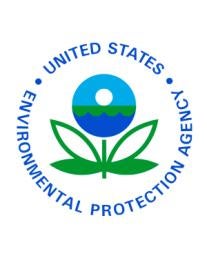EPA Publishes Final Rule On RFS Standards For 2020
On December 19, 2019, the U.S. Environmental Protection Agency (EPA) Administrator, Andrew Wheeler, signed the final rule on the Renewable Fuel Standard (RFS) program, setting the renewable fuel percentages for 2020. Titled Renewable Fuel Standard Program: Standards for 2020 and Biomass-Based Diesel Volume for 2021 and Other Changes, the final rule establishes the annual percentage standards for cellulosic biofuel, biomass-based diesel, advanced biofuel, and total renewable fuel that apply to gasoline and diesel transportation fuel produced or imported in 2020. The rule also establishes the applicable volume of biomass-based diesel for 2021. The final volume requirements can be accessed here. Thus far, industry stakeholders seem displeased with the standard calculations to account for volumes of fuels projected to be exempted from the renewable volume obligations (RVOs). The waiver limits biofuel producers were hoping for are not reflected in the final rule. While the final rule has not yet been published in the Federal Register (FR), it will become effective 60 days after the FR publication. Bergeson & Campbell, P.C. will continue to monitor and provide further details once the final rule is published.
NAS Will Peer Review EPA’s TSCA Systematic Review Approach
On December 13, 2019, EPA announced that it has contracted the National Academies of Science (NAS) to conduct a peer review of its Application of Systematic Review in TSCA Risk Evaluations. According to EPA, this review will help provide it with important feedback on its approach to selecting and reviewing the scientific studies that are used to inform Toxic Substances Control Act (TSCA) risk evaluations. EPA states that “integrating systematic review principles into the TSCA risk evaluation process is critical to developing transparent, reproducible and scientifically credible risk evaluations.” EPA will provide NAS with the document published in June 2018, “as well as additional publicly available information” that can inform its review, including previously received public comments on this method. NAS will use their study process to conduct an objective and independent peer review, including convening a public meeting and issuing a final report, by June 2020. EPA notes that it will continue its work on the risk evaluations currently underway using the established systematic review process. EPA will incorporate NAS’s recommendations “as appropriate into our systematic review methods and use the updated process in future risk evaluations as timing allows.”



 i
i


